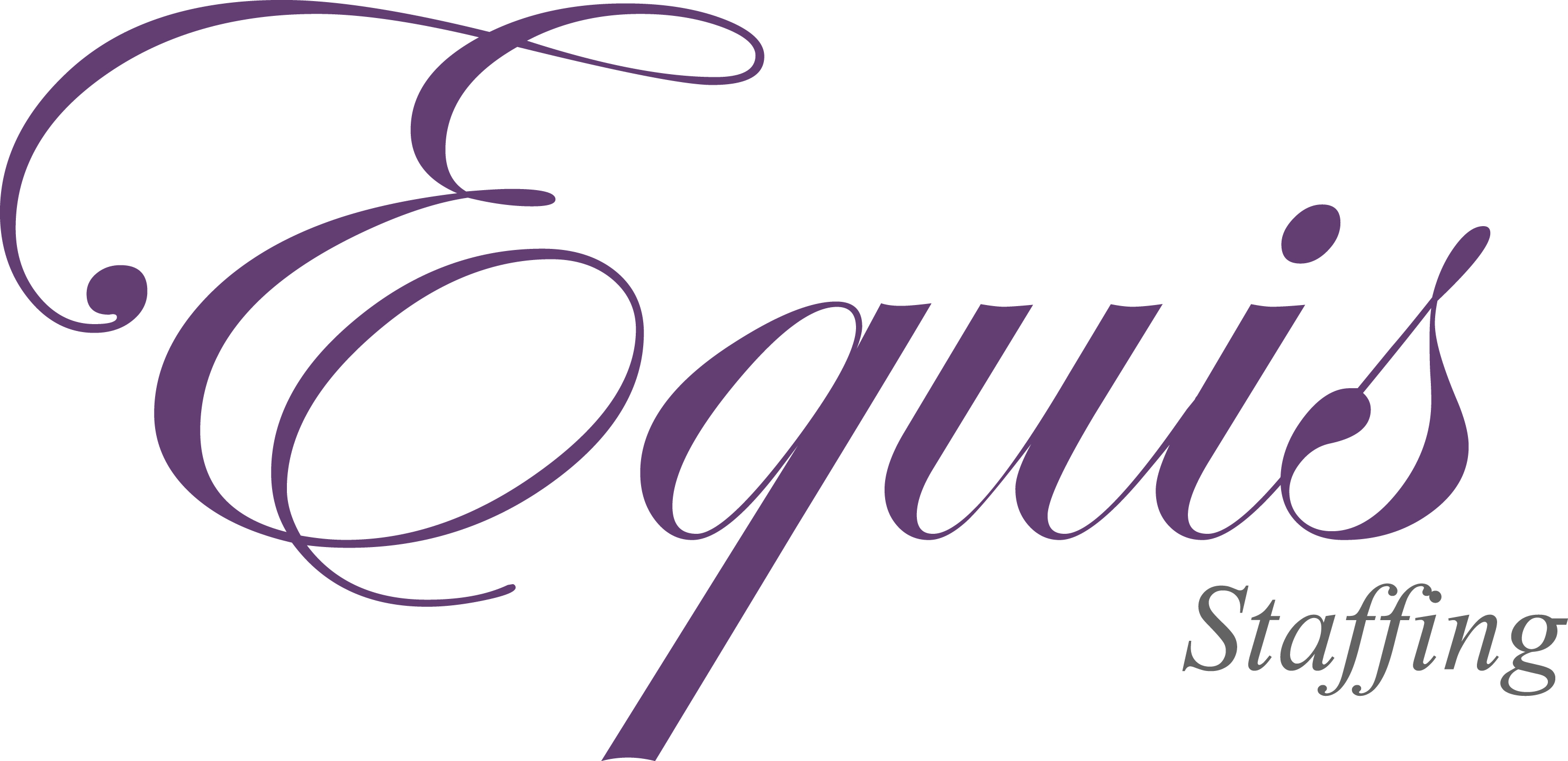The state of the economy in recent years has made it increasingly more common for hiring managers to come across gaps in employment history while reviewing resumes. (An April 2016 report from the U.S. Department of Labor notes that 9.8 million Americans are unemployed.) Even with an otherwise outstanding resume, years of experience, or amazing references, when in interviews many job seekers struggle to explain gaps in their resume or account for periods of under-employment.
Some employers may view this time away from the working world, whether self-imposed or not, as a negative, which is why it's important for job seekers to know how to eloquently and succinctly explain any gaps in their job history. Here are our tips for explaining your time off:
Be prepared and be honest.
When it comes to explaining a gap in your job history, honesty is usually the best policy. You don't want to risk losing out on a job offer due to dishonesty (or worse, having a lie discovered after you start a new position and being let go). Be honest when explaining why you left your last position and be prepared to explain the circumstances behind your departure. By being honest and communicative, you'll instill a sense of integrity within your interviewer.
You should prepare for discussing an employment gap in the same way that you would prepare for answering questions about anything else on your resume. Practice your answer multiple times so that you can project confidence during the interview.
Stay positive.
A common interview tip is to keep your comments about past employers positive – and this remains true when discussing a gap in your job history. Whether you were laid off, fired, or decided to take time off, remember to put a positive spin on your experience. Share what you learned about yourself during your time off and how you can use this newfound knowledge to contribute positively to a prospective employer.
Explain what you did during the gap.
Most employers will want to know how you spent your time while unemployed. Whether you spent time at home, went traveling, volunteered, acted as a caretaker, or completed coursework, there's a good chance that you learned new skills that could be applied to the working world. Identify these skills, brainstorm the ways that you could apply them to the job you are interviewing for, and create a short explanation statement. By doing this in advance, you'll be better able to put a prospective employer at ease in regards to the gap on your resume.
Don’t linger.
You don't want to spend the entire interview discussing your employment gap. Simply address the gap and move on. If the interviewer seems to be focused on discussing the gap, politely repeat your explanation and direct the conversation to your most recent accomplishments and what you can bring to the open position.
Remember that when it comes to a gap in your work history, the most important thing is concisely explaining the circumstances relating to the gap and focusing on what you learned during that time and how you will transfer that knowledge to a new opportunity.
If you are looking to hire an IT, Accounting, or Finance professional, or work in any of those fields and looking to advance your career, you can contact Equis Staffing via email at info@equisdifference.com or give us a call at (818) 444-0100.





.png)
Comments